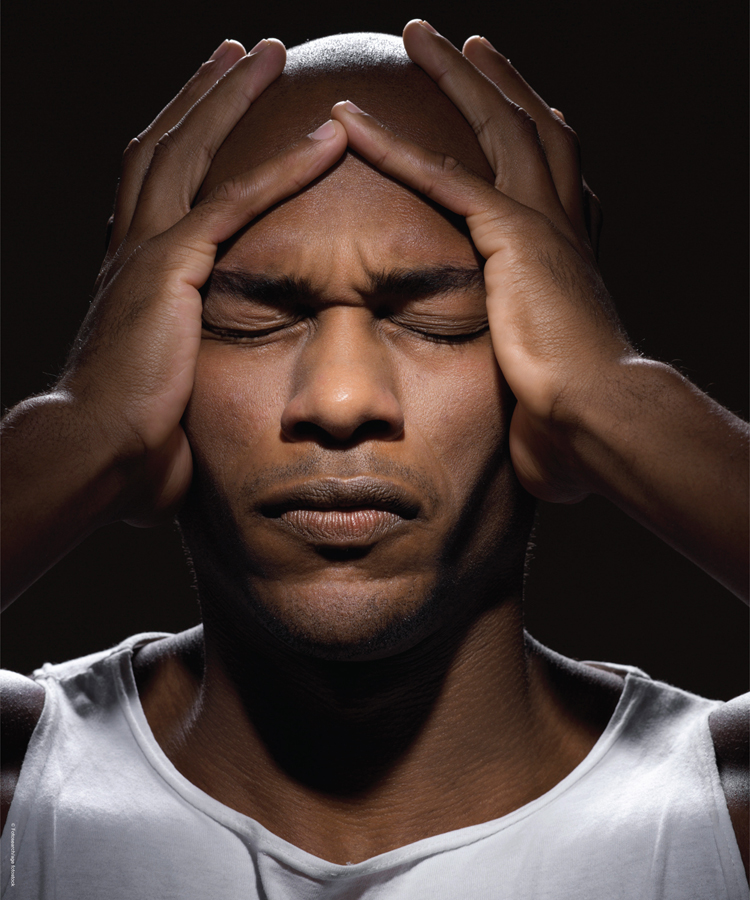Chapter 13 Introduction
13Stress and Health
410

411
 Sources of Stress: What Gets to You
Sources of Stress: What Gets to You- Stressful Events
- Chronic Stressors
- Perceived Control over Stressful Events
- HOT SCIENCE Can Discrimination Cause Stress and Illness?
 Stress Reactions: All Shook Up
Stress Reactions: All Shook Up- Physical Reactions
- Psychological Reactions
 Stress Management: Dealing with It
Stress Management: Dealing with It- Mind Management
- Body Management
- Situation Management
- CULTURE & COMMUNITY Land of the Free, Home of the…Stressed?
 The Psychology of Illness: Mind over Matter
The Psychology of Illness: Mind over Matter- Psychological Effects of Illness
- Recognizing Illness and Seeking Treatment
- Somatic Symptom Disorders
- On Being a Patient
- Patient–
Practitioner Interaction
 The Psychology of Health: Feeling Good
The Psychology of Health: Feeling Good- Personality and Health
- Health-
Promoting Behaviors and Self- Regulation - OTHER VOICES Freedom to Be Unhealthy?
“I HAVE A KNIFE TO YOUR NECK. DON’T MAKE A SOUND. Get out of bed and come with me or I will kill you and your family.” These are the words that awoke 14-
Elizabeth suffered unimaginable circumstances for a prolonged period of time in what can be thought of as one of the most stressful situations possible, especially for a 14-

412
FORTUNATELY, VERY FEW OF US WILL EVER HAVE TO ENDURE the type of stress that Elizabeth Smart lived through. But life has its stressors, specific events or chronic pressures that place demands on a person or threaten the person’s well-
stressors
Specific events or chronic pressures that place demands on a person or threaten the person’s well-
In this chapter, we’ll look at the kinds of life events that produce stress, the physical and psychological response to internal or external stressors; typical responses to such stressors; and ways to manage stress. Stress has such a profound influence on health that we consider stress and health together in this chapter. And because sickness and health are not merely features of the physical body, we then consider the more general topic of health psychology, the subfield of psychology concerned with the ways psychological factors influence the causes and treatment of physical illness and the maintenance of health. You will see how perceptions of illness can affect its course and how health-
stress
The physical and psychological response to internal or external stressors.
health psychology
The subfield of psychology concerned with ways psychological factors influence the causes and treatment of physical illness and the maintenance of health.